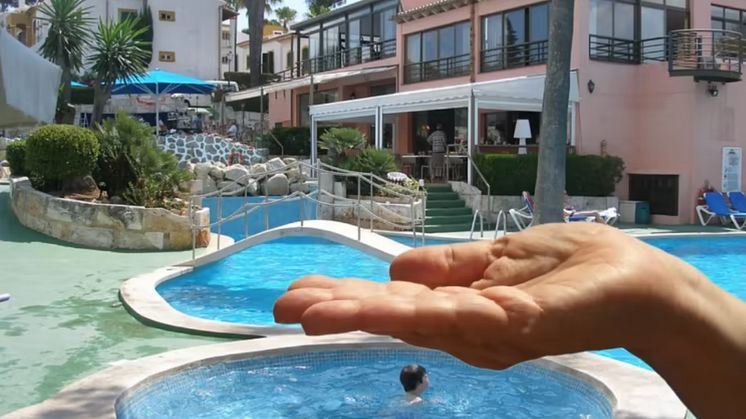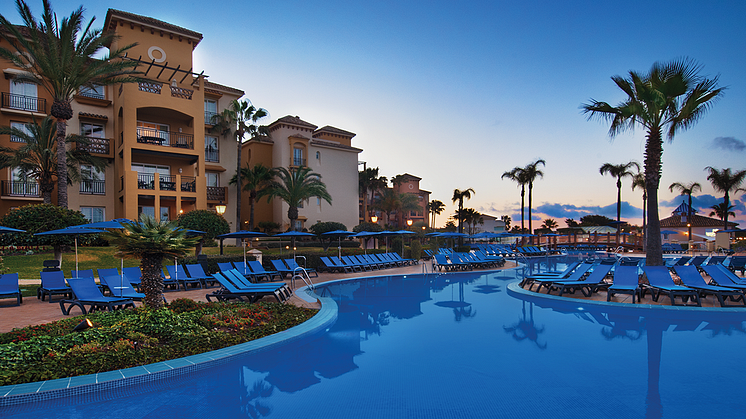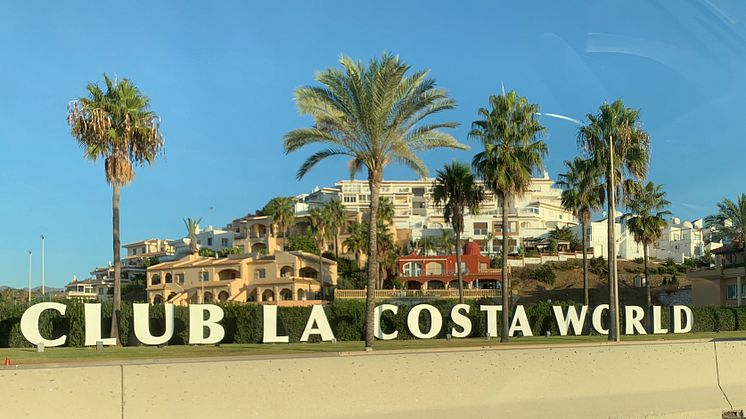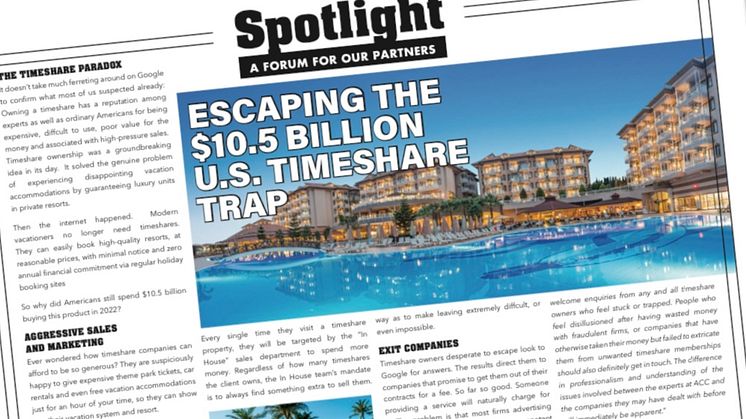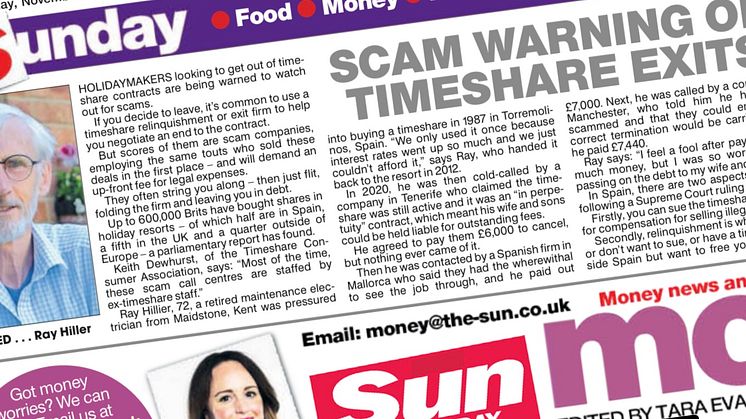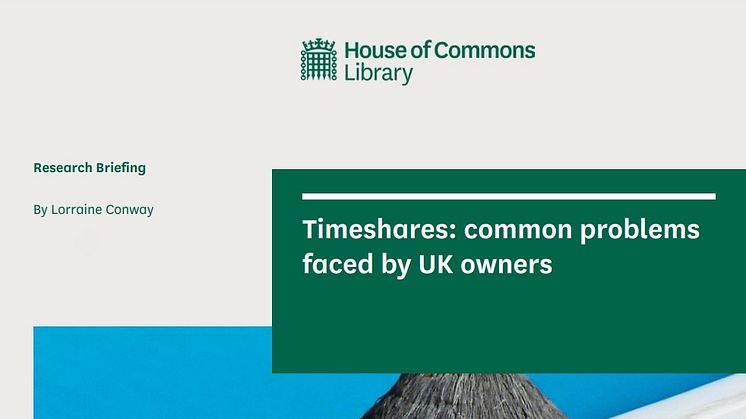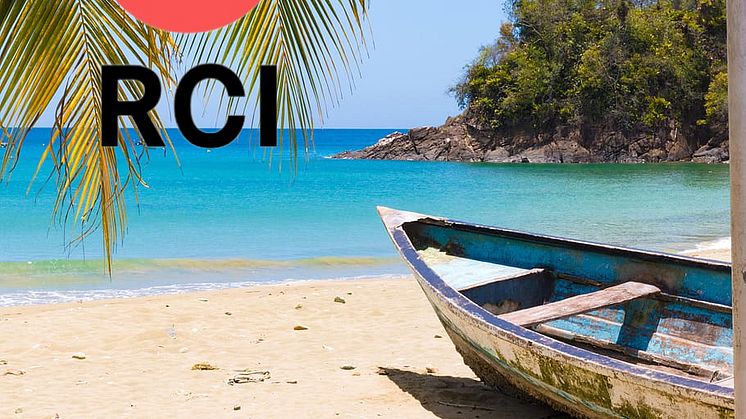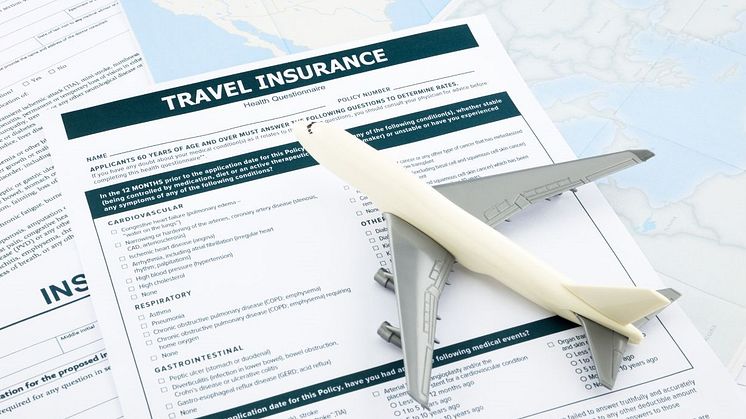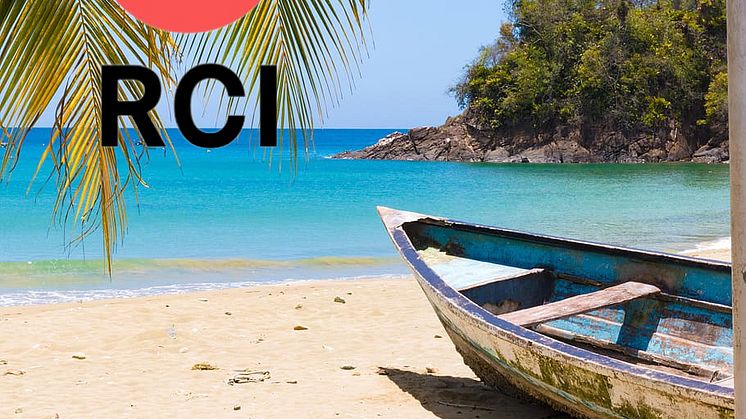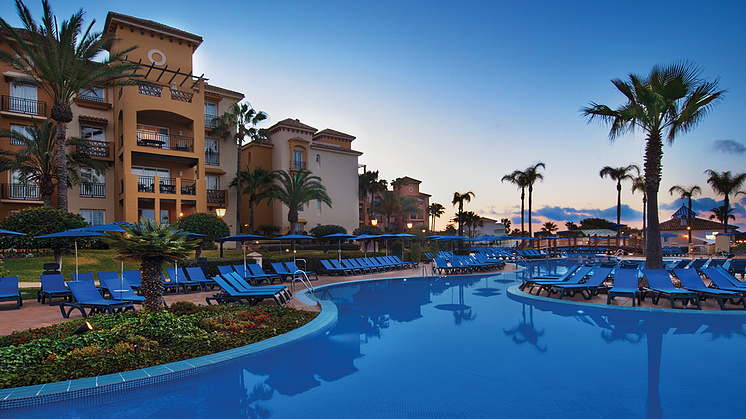
Press release -
The timeshare expenses they DON'T tell you about...
Timeshare costs broken down and explained:
Salespeople have been known to present timeshare memberships as financial investments. They are not.
They come at great initial expense, and then of course there are hefty annual management fees. But look a little deeper and there are even more hidden extra costs that leave many regretting their decision to buy in the first place and seeking a way to escape.
What is the real (sometimes unseen) cost of a timeshare?
Let's break down the expenses...
Purchase cost and maintenance fees
A timeshare membership can be deeded (where you actually own part of a property) or not deeded, where you own the 'right to rotational occupancy' for a fixed number of years. The latter is generally known as a vacation club.
The amount of time you can use the property each year for is often referred to as an interval. Generally an interval is a multiple of weeks.

In 2022 the average cost price for a one week interval was £19,018. But that is only if you pay everything on the day. Most people buy via finance, arranged onsite by the resort salespeople.
Because timeshare is a severely depreciating asset timeshare loans are 'unsecured' and therefore have punitive interest rates. These can soar as high as 20% but are generally around 14% on a ten year loan. That equates to payments of £295.44 per month, or £3545.28 per year. Yes, you calculated correctly: a total of £35,452.80 for a timeshare originally priced at £19,018.
Timeshare management/maintenance fees averaged out at £945 per week for a small, one bed unit in 2022. This rises every year, and usually by more than inflation. Owners are legally bound to pay whatever the resort decides.
These costs are expensive, but are already known to most people.
There are other expenses hidden away in the small print that are far less well understood.
Special levies
Most timeshare owners believe that because they pay annual maintenance fees, these will cover any changes made to the property. In fact, most timeshare contracts provide for the resort to be legally able to charge 'special levies' at will to upgrade buildings or facilities. These are over and above the maintenance fees.
An example might be if the resort wants to add a kids' club, or a wiring upgrade to allow faster internet speeds. They can then unilaterally charge a special levy that year to allow them to do so, and the owners have to stump up the cash.
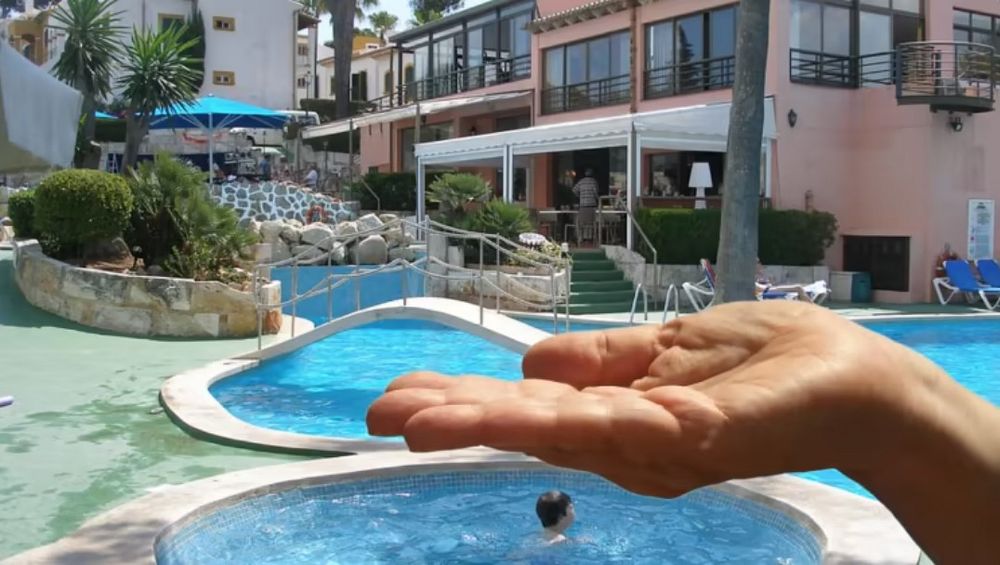
If your resort is bought out by a new parent company, a special levy is standard procedure, particularly in cases where profitability is in question. They may bring up the necessity for improvements to guarantee that the resort is in keeping with the new brand's standards. Members have to cough up, whether they like it or not.
It is even possible for timeshare owners to be required to pay for upgrades to an entirely separate resort from their own. If a large company owns multiple resorts they may spread upgrade costs across all of their owners. Said owners can end up paying extra costs for facilities or upgrades they may never benefit from (or possibly even see).
Rebuilding costs from natural disasters can also land in timeshare owners laps. Despite most resorts being insured, there are generally extra costs which must be covered. Issuing a special levy to cover the shortfall is how the resort recoups that money
Revenue gap levies
This one is something Timeshare Advice Centre clients have reported many times to our helplines. And it understandably sticks in people's throats.
When some resort members don't pay their maintenance fees, or any other outstanding charges, this can result in the resort issuing a levy to other members to cover the losses.
As incredible as this may sound, the people who have already paid what they are supposed to are legally required to pay extra because other people didn't pay their share. This may be called a special levy, but also can be labelled something else, like a 'revenue shortfall/gap levy.'
To make matters worse: even when the delinquent owner is eventually forced to pay, via court action for example, those who paid extra will never see a refund.
All-inclusive resort surcharges
In a classic bait-and-switch sales tactic designed to make the timeshare membership seem lower cost, many resorts follow the example of the more commercially oriented Vegas hotels. The timeshare purchase price does not include the all-inclusive charges. Those charges are obligatory and are often stunningly expensive.
A typical all-inclusive charge is an extra £118 per person per day. This works out as an additional £1651 for a couple staying at that resort for one week, on top of maintenance fees, travel, exchange fees and all other regular holiday expenses.
Of course, the resort could argue that you get unlimited food and drinks in return for that money. But would most couples budget £236 every day for food and beverages? Probably not.
Resorts present the high cost as justifiable for the convenience of being able to eat and drink what you want, when you want.
These all-inclusive fees are more common in large timeshare companies with multiple resorts and points programs, but you should be aware of them nonetheless.
Perpetuity contracts
These can't really be counted as an extra fee, but it is definitely an expense not considered by most purchasers on that heady day of the initial sales presentation.
If your timeshare is deeded, or otherwise has the term 'in perpetuity' anywhere in the contract, it isn't just you that is on the hook. Your kids or partner are too.
If you have an in perpetuity membership, and pass away, your estate, next of kin or designated beneficiaries are in the firing line.
In the event of death, the deceased’s estate would be liable for outstanding maintenance fees and in theory, any future maintenance fees until the contract has been terminated.
Trying to sell the property on, donate it or even give it way is usually fruitless. Other people don't want the expense and commitment either.
Until the responsibility has been discharged, your beneficiary has to keep paying whatever the timeshare proprietors demand. If they don't they can find themselves on the business end of legal actions that will hammer their credit scores.
Likelihood of unexpected timeshare fees
Hidden fees are common for the timeshare industry. Perhaps your resort does not come with all-inclusive charges. Maybe you are lucky enough not to have a deeded or otherwise in perpetuity membership.
You are still likely to shell out for special levy requests when upgrades or repairs, such as pool maintenance or a new roof are decided on by the resort management.
Also standard practice are the aforementioned revenue gap levies to cover shortfalls when other members don't pay their dues. These fees may have different names, but one thing is for sure: Your resort will have you and other members firmly in their sites when it comes to paying for delinquent owners.
Andrew Cooper, CEO of European Consumer Claims warns: "These fees are all outlined in the small print of your contract. On the day you sign, your sales rep will be encouraging you to commit there and then with minimal reviewing of paperwork.
"The only surefire way to avoid nasty surprises later is to take the contract away with you and have it reviewed by an independent lawyer. Your salesperson won't like it and may even try to suggest that it is not possible. Stick to your guns. Its the only safe way to buy a timeshare.
"Ideally people should have a cooling off period (in the purchase agreement) during which time they have the time to consult an independent lawyer."

If like most people you got caught up in the moment and bought something that possibly now you regret, don't panic.
Get in touch with our team at Timeshare Advice Centre for free, confidential advice about what to do next.

Related links
- What Is The Average Cost Of Buying A Timeshare?
- WHAT ARE TIMESHARE MAINTENANCE FEES AND WHY PAY THEM?
- Loan calculator
- Why Buying a Timeshare Is a Bad Idea
- "Desperate" Spanish timeshare company's "heavy handed tactics" after begging members for extra cash
- Timeshare Advice Centre
- TAC contact page
- 'Special levy' makes owning timeshare impossible
- European Consumer Claims
- Diamond Resorts absorbed by Hilton. What does it mean for Diamond owners?
- Timeshares and Estate Planning - What You Need to Know
- Wyndham Vacation Resorts Inc. in legal battle over 'virtually worthless' timeshare property interests
Topics
Categories
Regions
TAC provides timeshare claims services, relinquishments expert advice and help
E: (for media enquiries): mark.jobling@ecc-eu.com
T: (for media enquiries): +44 2039962044
E: (for client enquiries) EUROPE: info@timeshareadvicecentre.co.uk USA: info@timeshareadvicecentre.us
T: EUROPE: +44 800 102 6070/+44 203 807 3388. USA: 1-888 203 5448/ 1-332 867 1213
Monday to Friday: UK timings: 9am-8pm. Saturday/Sunday closed. USA 9am -8pm EST. Sunday closed
Follow Timeshare Advice Centre UK on Facebook here. Timeshare Advice Centre US here
Follow Timeshare Advice Centre UK on Twitter here. Timeshare Advice Centre US here
Relevant websites for this article




